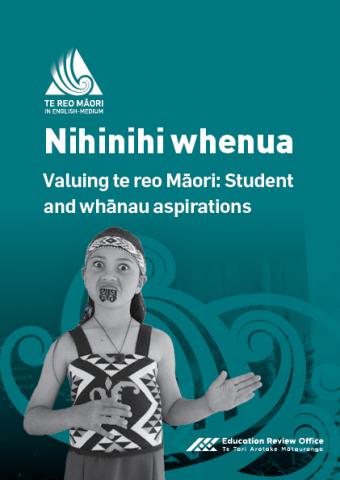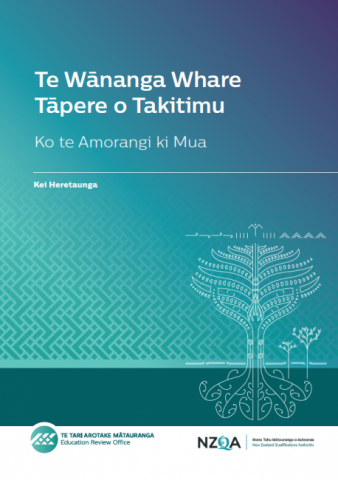Information for Proprietors of Integrated Schools
Published: 31 Mar 2021
ERO reviews school hostels as part of Education Reviews of schools. This information document is provided to proprietors of integrated schools prior to ERO reviewing their school hostel. It provides information on licensing provisions and the evidence gathered during a hostel review.
- Audience:
- Education
- Schools
- Content type:
- Basic page
- Topics:
- School hostels






